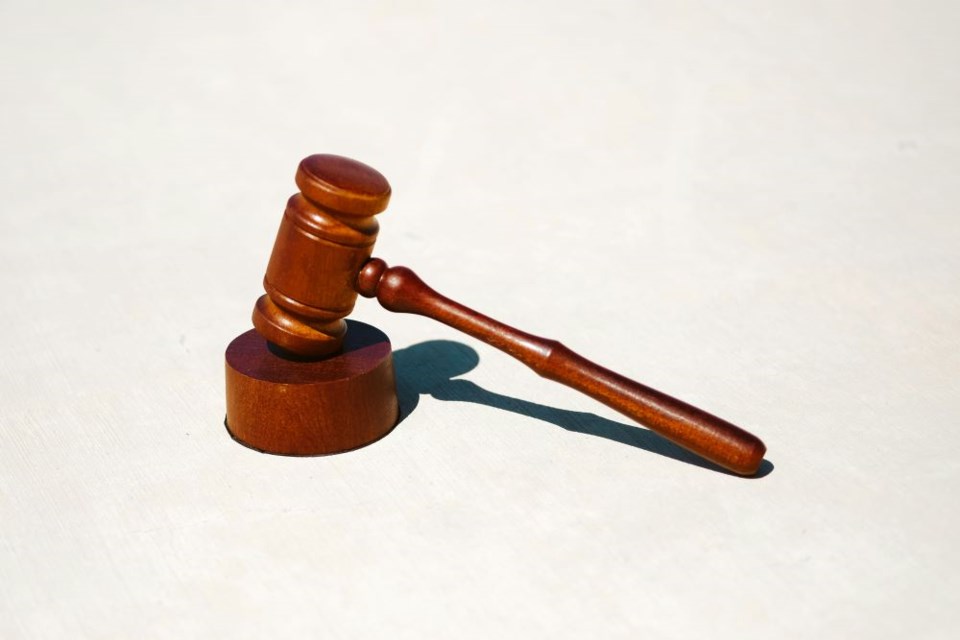A man is facing a $186,952 bill for damages caused after a B.C. Supreme Court justice found he was behind the wheel of a car that crashed into Telus’s central office in Houston.
According to a decision issued May 27, A.J. William Fuller denied responsibility, but Justice Jasmin Ahmad determined that on a balance of probabilities he was indeed the driver.
Shortly after midnight on June 29, 2017, a resident living near the intersection of Pearson Road and Hagman Crescent in the community of about 3,000 people 307 kilometres west of Prince George heard an “incredibly loud” noise and saw two people running away from the scene when she went outside to investigate.
An RCMP constable had soon arrived on the scene and found tire tracks leading from the road and through a dirt area and a grass embankment.
It appeared to the constable that the vehicle had “travelled from the road without braking or attempting to turn to avoid the building,” Ahmad commented. Photographs showed one of the building’s walls had been breached, “resulting in what appears to be significant damage to the exterior wall and the interior of the building.”
The constable had recognized the car as one Fuller had been known to drive.
The same evening, the constable contacted the registered owner, who turned out to be Fuller’s mother. She confirmed Fuller was in possession of the vehicle and gave the name of the other person who was with him.
Fuller went to the RCMP detachment the next day but declined to give a statement and when Telus sued for damages, he denied liability, arguing in part that the company failed to produce an eyewitness to the collision.
But even without such a witness, Ahmad found there was sufficient evidence Fuller was the driver. During an examination for discovery, Fuller admitted that while it was still under his mother’s name, he had purchased the vehicle. Combined with the evidence given by the constable and Fuller’s mother, Ahmad was satisfied Fuller was responsible based on a “balance of probabilities,” the threshold of proof for a civil matter.
(For criminal matters, a much higher standard of proof beyond reasonable doubt must be met for a judge to find a defendant guilty).
Much of the decision is taken up with determining a dollar figure for the amount of damage Fuller caused.
The building was described as a “critical facility” that provides 911 emergency services as well as landline, internet, and cellular communications services for the region.
As a “starting point,” Telus argued it had cost $288,517.89 to restore the building to its former condition. Fuller, in turn, maintained the damage amounted to $127,973.90, based on an expert’s report procured on his behalf.
Ahmad found shortcomings in both parties’ positions and, in the end, awarded damages in the sum of $186,952, plus interest against Fuller and in favour of Telus.



